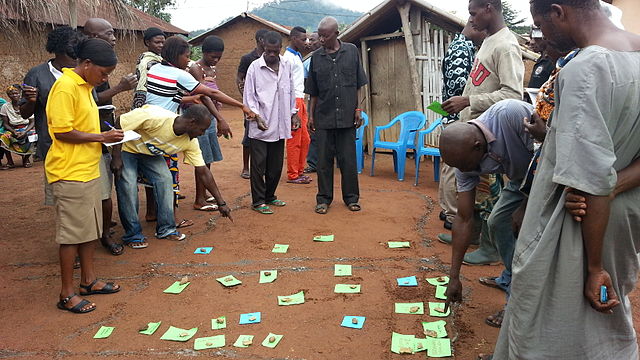ISO 9001:2015 & ISO 27001:2022 Certified Organization
Consultancy Services for Implementation of a Training of Trainers in Community Led Total Sanitation (CLTS) in Western Zambia.

Empowering Communities: Successful Implementation of Hygiene and Sanitation Initiatives Achieves ODF Status
2018
Training of Trainers
Community Led Total Sanitation
Zambia
Supported local authorities to implement responsive hygiene education and sanitation promotion, with activities such as Community-Led Total Sanitation (CLTS) playing a significant role. These efforts were aimed at engaging communities to achieve Open Defecation Free (ODF) status. The initiatives included supporting councils in developing district sanitation action plans and assisting local authorities in creating district hygiene communication strategies that emphasized handwashing with soap at critical times. Additionally, support was extended to schools and WASH clubs to develop sanitation activities. This involved training teachers in participatory and life skills-based hygiene education approaches and developing extracurricular activities that strengthened the link between home and school. Such measures ensured that good hygiene and behavioral practices by pupils had a significant impact on their communities.
In terms of gender-responsive approaches, there was a focus on encouraging households to construct improved sanitation facilities through gender-responsive sanitation marketing. Furthermore, support extended to monitoring and coordination, helping local authorities develop mechanisms to monitor sanitation activities within the districts. These mechanisms were linked to the national CLTS reporting system, ensuring effective tracking and management of sanitation improvements.































